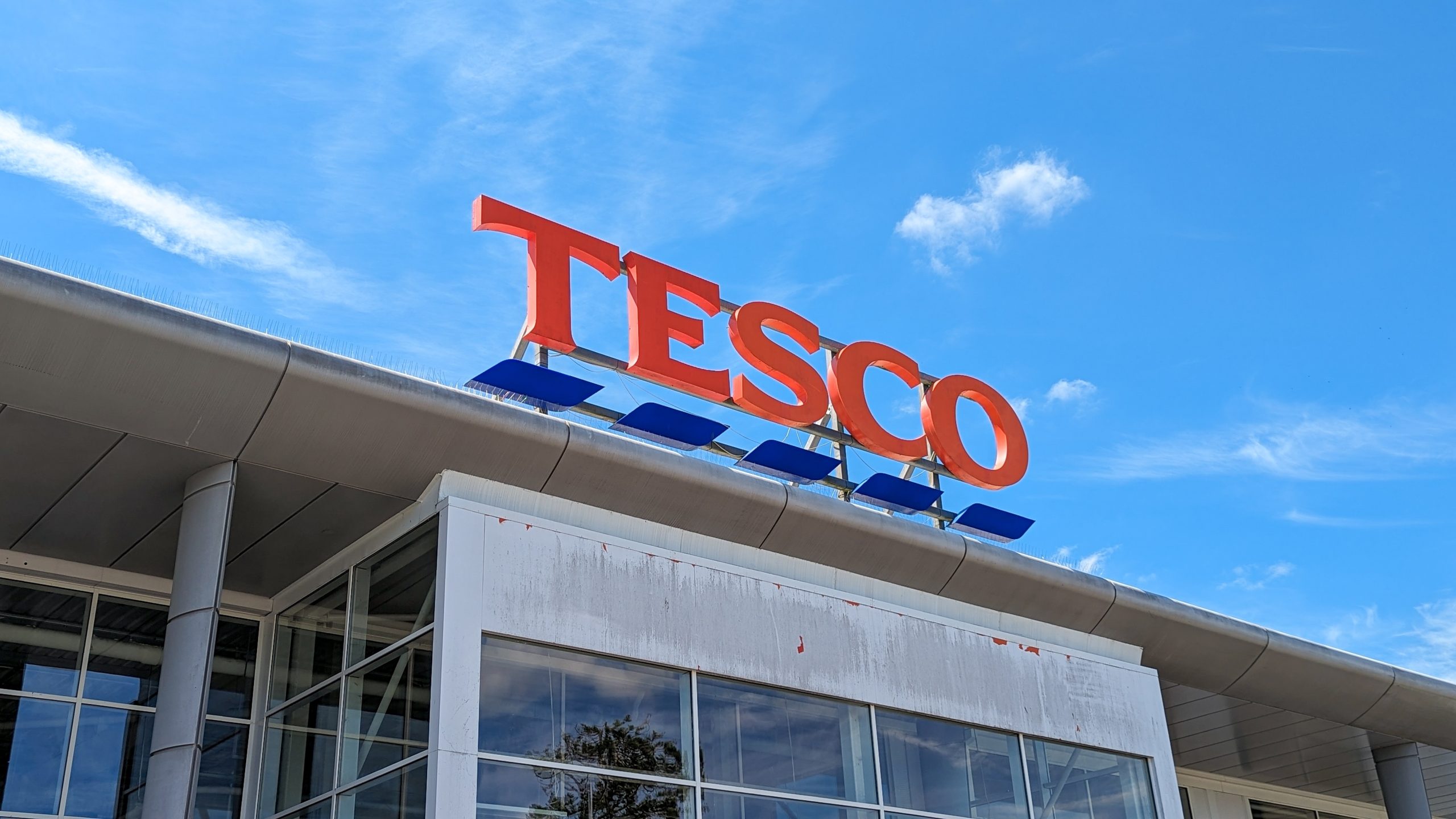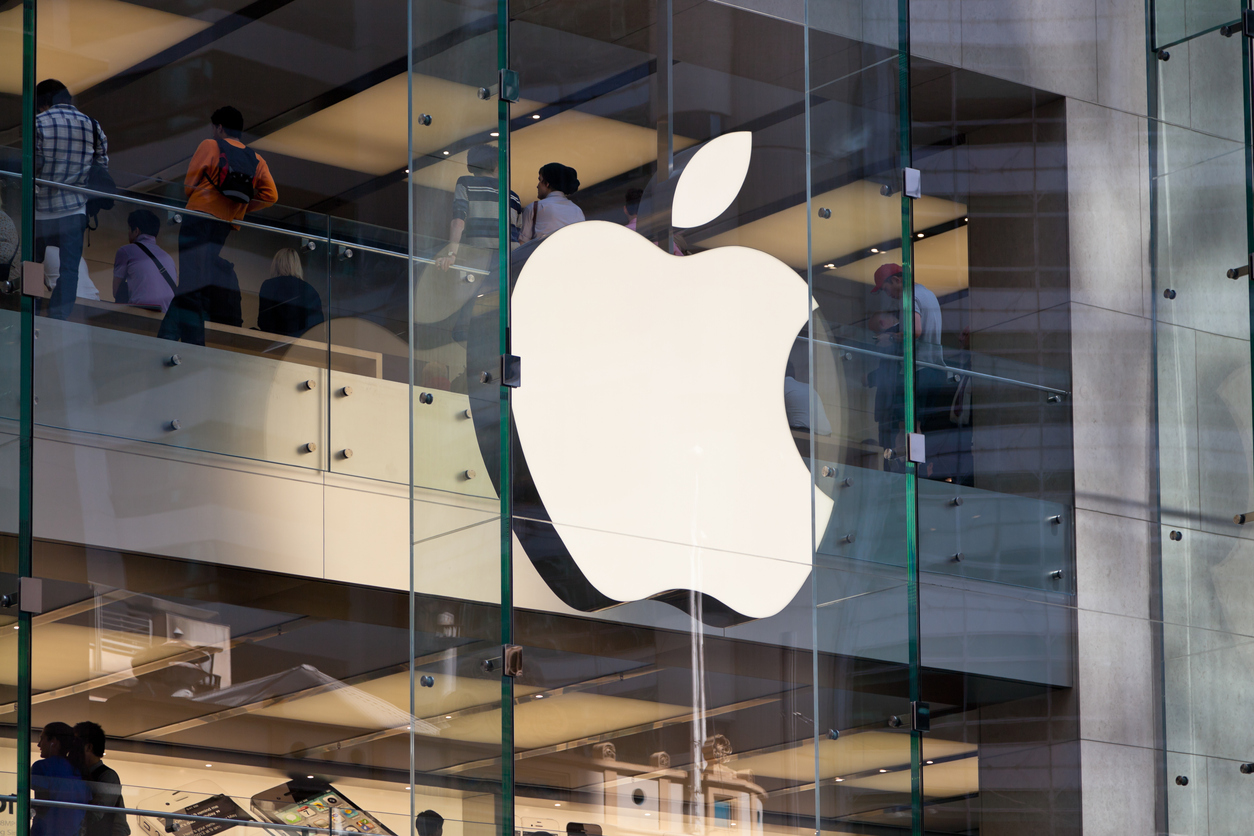Chancellor Philip Hammond delivered his 2017 spring budget this afternoon, claiming it will be providing a ‘strong, stable platform for Brexit’. Among his proposed plans are: increasing national insurance for the self-employed, rising personal tax-free allowance, rates for businesses losing existing relief will be capped at £50 a month, and having an extra £2 billion for adult social care.
He spoke on how debt rose this year but will aim to fall in 2021-22, how the UK is the second-fastest growing economy in the G7 in 2016 and how a further 650,000 people are expected to be employed by 2021.
With a variety of sectors being affected by the budget, Lawyer Monthly reports on the effect it will have on certain sectors by hearing from a range of experts on the matter.
The Chancellor talked of a “strong, stable platform for Brexit” and it is Brexit that continues to dominates the indirect tax landscape. That said, today’s Budget speech contained mention of several changes to the VAT rules, the most notable being an ‘easy-win’ of collecting VAT on mobile phone roaming by UK residents outside of the EU. Changes to the penalty regime should allow HMRC to continue to reduce the tax gap so are welcomed with ‘cautious optimism’ although the detail will be important in understanding how far these powers extend.
Rob Marchant, VAT Partner at audit, tax and advisory firm Crowe Clark Whitehill, commented on this:
“The Chancellor talked of a “strong, stable platform for Brexit” and it is Brexit that continues to dominates the indirect tax landscape. That said, today’s Budget speech contained mention of several interesting changes to the VAT rules:
- The reduction in the tax gap – the difference between the tax paid and the quantum that HMRC considers to have been payable – is welcomed and, as announced in the 2016 Autumn Statement, the government will strengthen the penalty powers available to HMRC. New rules are to be introduced that enable HMRC to penalise professionals who promote tax avoidance schemes that are defeated in the courts. The government will also remove the defence of having relied on non-independent advice as taking ‘reasonable care’ when considering penalties for a person or business that uses such arrangements.
- UK VAT will be collected on roaming charges when UK residents use their mobile phones abroad. Currently, there is what Philip Hammond described as “an inconsistency” that UK VAT is charged when UK residents use their phones in the EU but not when outside the EU. This measure is expected to raise additional revenue in the range of £45m to £65m a year.
- Small unincorporated businesses and landlords will welcome the deferral by 12 months of their being required to file VAT returns by the Making Tax Digital platform. This delay to April 2019 will allow HMRC to learn from the experiences of others to hopefully make it easier for small businesses to refine the system when it is introduced in April 2018.
- Similarly, small businesses will welcome an increase in the VAT compulsory registration threshold to £85,000.
Finally, the Budget Notes highlight two further areas where consultation over future VAT rule changes will take place:
- A new VAT collection mechanism for online sales. The concept of a “Split Payment” method - whereby the customer’s real time payment is split between the retailer and HMRC at the time of the sale - has previously been heralded as the future of the VAT system and is regarded as a robust way of reducing the instances of the non-payment of VAT.
- Combatting perceived VAT fraud in the provision of labour in the construction sector through applying the reverse charge mechanism so that the recipient of the services accounts for VAT. The domestic reverse charge has been used successively in other areas of the VAT law to reduce VAT fraud.
Richard Flax, the Chief Investment Officer at digital wealth manager Moneyfarm commented on the budget in relation to those trying to maximise their ISA:
“This wasn’t a Budget for savers who are facing rising inflation and record low interest rates. In the absence of real returns on many cash savings products, investments in financial markets are now a more attractive option for savvy Brits.
“The Chancellor’s continued clampdown on tax avoidance in today’s Budget suggests that Brits will be best served by continuing to focus on simple and transparent investment solutions like Stocks and Shares ISAs.
“Particularly given the more than 30% increase to the annual ISA allowance from £15,240 to £20,000, which is coming in to effect in April. Today’s Budget provides a timely reminder for people to maximise their ISA, both before this year’s allowance expires on 5 April and also to get a plan in place for next year.
“The government has now placed the onus on the individual to make the most of allowances available to them.”
SMEs have been concerned over today’s Spring Budget announcement, with many feeling that they would not be a priority for the government.
Many SMEs are facing business rates increases as part of the revaluation announced for April, and although the £300m fund for those hit by rate increases is a step in the right direction, SMEs are continuing to face cashflow balances outside of their control. Aamar Aslam, CEO of Funding Invoice, the invoice trading platform, commented on the changes in business rates, as outlined in the Spring Budget 2017:
“The Chancellor announced today that business rates revaluation will take effect from April 2017 across England, along with a planned discretionary fund of £300m for local authorities to support businesses hard-hit by business rates, which will undoubtedly be welcome news for businesses across the country facing closure as a result of these revaluations.
For SMEs, however, business rates can provide an unwanted burden on cashflow. A number of SMEs are relocating outside of the big cities as a result of rising commercial rents, but they will still face business rate burdens, particularly those with several property outlets. Whilst this £300m fund is a step in the right direction, small businesses are continuing to suffer from cashflow imbalances outside of their control, and require support from Government to resolve these issues and keep the economy afloat.”
Holly Cudbill, Associate Solicitor at Coffin Mew speaks on the impact on the self-employed and gig economy:
“Today’s announcement is good news for the country’s coffers, but not for the tens of thousands of people whose only source of income is in so-called gig economy work where they have no choice other than to accept the self-employed description imposed on them.
“As we know from the recently well-publicised cases, companies like Uber and Deliveroo are happy to fight their drivers and delivery people in the courts to try to maintain the company’s position that those individuals are self-employed.
“In these companies, if the drivers are employees, or workers, they would have a number of additional rights, including paid holiday, the right to the national living wage (which the Chancellor confirmed today will be increasing) and protection for discrimination. Many of the drivers lack the resources, confidence or desire to take on these massive international organisations and so have no choice other than to agree that they are ‘self-employed’. These people tend to be the lowest paid and will see their earnings take a further hit as the national insurance contributions they have to pay are increased.”
Nick Gross, Chairman at Coffin Mew, speaks on the impact on the transport sector:
“While, as budgets go, Phillip Hammond’s 2017 Budget appears fairly tame, there are a number of points of interest for those involved in the transport and logistics sector.
“A freeze on vehicle excise duty for hauliers and HGVs will, I’m sure, be welcomed by many, as will plans for a £220 million transport fund for national roads and a £690 million fund to tackle urban congestion.
“Mr Hammond further announced an additional £270 million for disruptive technologies, such as robotics and driverless vehicles, something that further cements the government’s intention of keeping Britain at the forefront of developing driverless technology.
“Finally, it is also important to note what was not mentioned. Specifically, Mr Hammond made no comment on the expected introduction of a diesel scrappage scheme. Whether this means that the idea has been parked, or not, we will have to wait and see.”




















